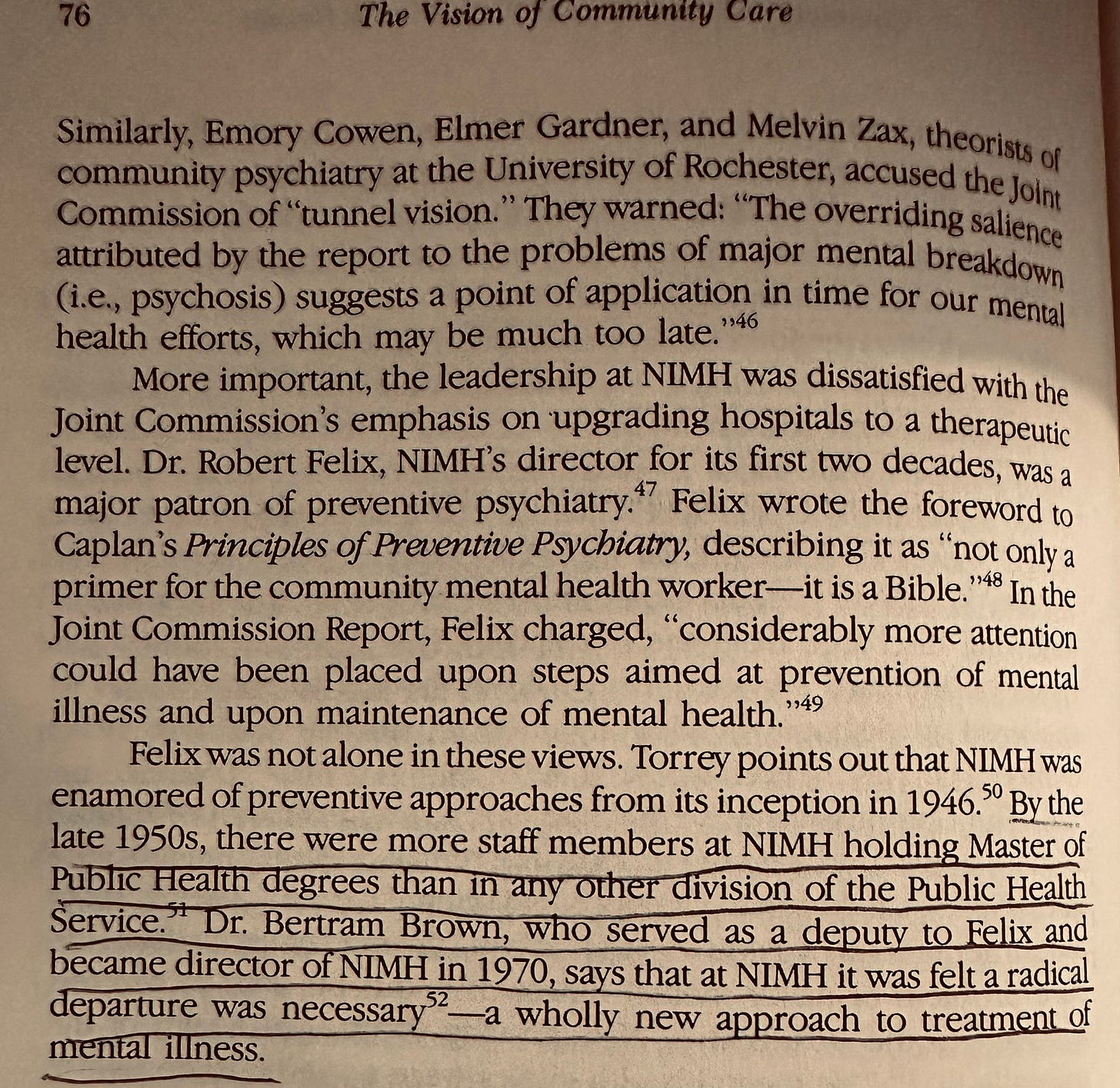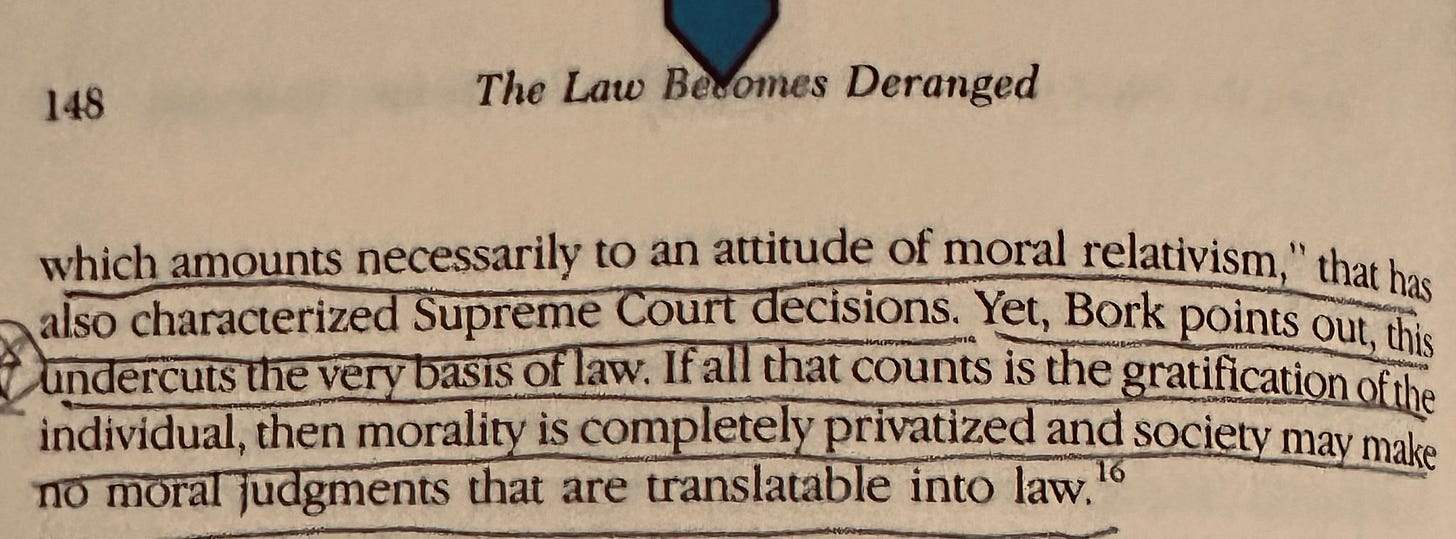Radical Progressive Capture of Pittsburgh Social Policy
California & the dystopia of San Francisco should serve as a warning
The Pittsburgh Steelers and the San Francisco 49ers opened the 2023 National Football League (NFL) season in Pittsburgh on Sunday. The 49ers destroyed the Steelers, 30-7. The NFL schedule makers and the outcome of the game couldn’t have provided me with a better template to write about something that has been on my mind since I published my first essay on this platform.
I have continued to observe how thoroughly radical progressivism and radical progressivist politics now characterizes—and endangers—the city I call home. Like San Francisco and other blue cities across the nation, Pittsburgh (whose current mayor, Ed Gainey, is a Democrat) is currently in the midst civic degradation including increased crime, particularly youth gun violence, urban homelessness, and untreated mental illness among the homeless. Indeed, Salena Zito has noted something similar writing for the Washington Examiner.
At the forefront of this progressivist political ethos are radical progressive activists and progressive politicians, such as Sara Innamorato, a Democratic nominee for Allegheny County Executive, and Barb Warwick, a progressive lawmaker, and City Councilperson from District 5. Both are promoting agendas that are at their core anti-institutional and ‘liberatory’. These agendas are cloaked in the standard rhetoric of the social justice left who see oppression and injustice perpetuated by social power structures that are maintained by an ‘unjust society’ which stigmatizes and marginalizes oppressed groups of people, from the mentally ill to adolescents with conduct problems and delinquency.
Notice the similarity between Innamorato’s ‘restorative justice’ position here with that of the progressive Oakland, California district attorney’s promise to “decriminalize young people.” Both, of course, are based on an implicit appeal to empathy for the law-transgressing individual. It should be no surprise that crime and chaos have spiraled out of control in Oakland, just across the bay from San Francisco. The absence of consequences and thoroughgoing ‘destigmatization’ of juvenile delinquency (via labeling slights of hand such ‘justice-involved youth’) is in direct conflict with deterrent models of juvenile justice and seek to undermine or abolish juvenile justice institutions rather than reform them.
In a detailed Substack essay and cross-post to X (formerly Twitter), here is how tech mogul billionaire Mike Solana, editor-in-chief of Pirate Wires has described the over-time factors that have led to the “Doom Loop” in San Francisco. At the heart of this spiral into chaos is Proposition C:
Five years ago, riding a wave of unrelentingly positive press, Benioff went to war on behalf of Proposition C, a massive new tax on San Francisco businesses, and the largest tax increase in city history. It was one of the year’s greatest tech industry dramas, as Benioff publicly demonized skeptical tech founders disproportionately hit by the tax, including Stripe’s Patrick Collison, and Square’s Jack Dorsey. Both Dorsey (in a lengthy Twitter thread here) and Collison (in a letter published to Stripe here), along with Mayor London Breed, opposed the proposition, noting, among many things, the city already spent an incredible annual sum on combating homelessness with no apparent plan for actually ending the crisis.
But it’s much more than Proposition C, which is only the end terminus of an attempt to correct decades of misguided social policy, itself downstream of progressivist ideology in psychiatry, criminal justice, and the law which was has been put into practice (i.e., ‘praxis’) by progressive activists. As Solana notes regarding Proposition C:
The purpose of Proposition C was and remains to fund the city’s activist class of local non-profits, which — and this is genuinely a steelman — Benioff must have supposed an inherently good group of people, who meant well.
Behind the ‘moral imperative’ for such legislation as Proposition C is an ideology of anti-psychiatry and “community care” for homelessness and mental illness (including addiction) that dates back to the sixties when capitalism, the mental health system, and mental institutions in particular, were targeted by social labeling theorists and others as defining or giving rise to mental illness. In short, the ideology was grounded in the notion that mental illness was arbitrarily defined by those in power and/or that capitalism and the mental health institutions themselves, were the source of mental illness (rather than mental illness being viewed as an organic brain disease process).
Similar to the ill-advised community-based approach to psychosis which was downstream of anti-psychiatry legal efforts to delegitimize and abolish psychiatric hospitals, current blue city policies aimed at addressing addiction and the homelessness often associated with it have emphasized permanent supportive housing (PSH) and other ‘community care’ and ‘harm-reduction’ approaches. Because these polices do not mandate expectations and conditions (e.g., participation in rehabilitation or job training programs) that individuals with substance use problems have to meet in order to maintain their permanent supportive housing, nor consequences for failing to maintain them, they incentivize addicted individuals to continue their destructive habits rather than effectively confront and address them.
Under current Democratic mayor Ed Gainey’s tenure, the related problems of homelessness and addiction in Pittsburgh have increased, with particular blight in the downtown Golden Triangle core. Moreover, they have been addressed and mismanaged much in the same way (e.g., calls for permanent housing placements)—and influenced in greater or lesser degrees by the same anti-psychiatry, soft-on-punishment, appeal to empathy liberatory ideology—as in San Francisco with little evidence of successfully addressing the issue. It remains to be seen if current efforts to address homelessness and associated mental health issues in Pittsburgh will be successful in the long-term, but without a programmatic, evidence-based approach that links expectations and conditions that need to be maintained in order to be housed, it is unlikely they will be.
In Pittsburgh, as in San Francisco, similar progressive political ideals are being reinforced within the medical community. The University of Pittsburgh Medical School of Medicine (Pitt Med) is a one of the top medical schools in the country, but known as a bastion for wokism. The Class of 2024 made national news for crafting their own Hippocratic Oath, that referenced racism and deaths from COVID-19, as well as the killings of Breonna Taylor, George Floyd and Ahmaud Arbery. While one can feel strongly that the deaths of these three named individuals were tragic, unnecessary, and even evidence of unjust and racist systems plaguing our society, none had anything to do with medical care. Dr. Stanley Goldfarb, Board Chair of Do No Harm, notes in an op ed for The New York Post how DEI initiatives at medical schools are putting wokism ahead of educating competent physicians, using Pitt Med’s application as a stark example:
And a long time faculty member at Pitt Med is suing the school for retaliation faced after publishing a research article in Journal of the American Heart Association entitled “Diversity, Inclusion, and Equity: Evolution of Race and Ethnicity Considerations for the Cardiology Workforce in the United States of America From 1969 to 2019” which took a negative view of the affirmative action policies. The ideological capture of the medical community provides welcome cover for politicians to shout “trust the science!” with that “science” ever actually being rigorously tested through the scientific method. (The excesses of COVID, from extended lockdowns to mask and vaccine mandates, were likewise vehemently and blindly supported by the very profession that is literally trained to question the efficacy of any intervention. The historical Hippocratic Oath, at least, includes the classic imperative to “First, do no harm.” )
This brings us to what is without a doubt one of the most disturbing efforts by local progressive politicians. While the rest of the world is carefully reconsidering so called gender-affirming care in the wake of the expose of the dubious and harmful ‘gender-affirming’ practices occurring at Tavistock’s Gender Service for Children in London, Warwick and others want to make Pittsburgh a sanctuary city for this harmful pseudo-science.
Compare the promotion of this ideologically-motivated legislation with that introduced by California State Senator Scott Wiener. His ‘historic’ senate bill (SB) 107 made California a sanctuary state for ‘gender-affirming’ care and was signed into law by California governor Gavin Newsom, taking effect at the beginning of 2023. Indeed, it is hard not to think such legislation served as inspiration for that noted above. More recently, Wiener posted on X (formerly Twitter) his glee that a temporary restraining order against Chino Valley Unified School District's mandatory gender identity disclosure policy requiring schools inform parents whose children were looking to socially transition their gender.
The progressive left’s cultural movement to normalize queer theory and radical gender ideology, thus disrupting gender normativity, is also evidenced in examples of progressive bookstores promoting young adult gender-identity literature “LGBTQ+-centric”under the guise of promoting empathy:
The promotion of transgressive, liberatory gender-ideology and the activism aimed at enshrining the ideology into social policies is dangerous for multiple reasons, least of which is that the empirical research concerning gender ideology, whether ‘gender identity’ should be considered a legitimate psychological construct, what ‘gender-affirming care’ actually encompasses, and the biological reality that only two ‘sexes’ exist are points of central discourse in current cultural wars. Making matter worse, important, viewpoint diverse conversation around these issues is close to impossible in the context of trans-activists’ suffocating calls for censorship and frequent reputation smearing of anyone who contests their claims.
TL;DR: (1): there are only two sexes (based on one’s gametes) and sex is ‘observed’ not ‘assigned’ at birth; (2) gender dysphoria is a professionally diagnosed categorical mental disorder, operationalized in the Diagnostic and Statistical Manual of Mental Disorders (DSM), and this is distinct from current notions of self-identified ‘transgender identity’ which may or may not meet criteria for a diagnosis of gender dysphoria; (3) the prevalence of gender dysphoria leading to transsexualism is much smaller than current estimates of individuals self-identifying as ‘transgender’, in some cases as high as 1 in 11 high-school aged youth; (4) the rate of intersex conditions is vanishingly small; (5) rapid-onset gender dysphoria (ROGD), amplified and mediated in part by social media, is almost certainly partly driving the surge in youth identifying as LGBQT+, particularly adolescent females; and (6) a core feature of gender-identity confusion is comorbid elevated personality and mood disorder psychopathology.
As Joe Rockey, the Republican nominee for Allegheny County Executive has noted, if Pittsburgh continues as a ‘laboratory of progressive ideas,’ the city of Pittsburgh will further spiral into the dystopia that San Francisco has become. Now, more than any point in the recent past, it is important for citizens of Pittsburgh to fully appreciate this risk clearly and to be fully informed about these issues as they vote, not only in the election for Allegheny County Executive this November, but also in other state and national elections. Legislation that is crucial for humane civic functioning will depend on it.
Note: all screenshot images of book text are taken from: Madness in the Streets: How Psychiatry and the Law Abandoned the Mentally Ill. (Isaac & Armat, 1990).











Wow. I had no idea that Pittsburgh was in such a bad place. Thanks for sharing